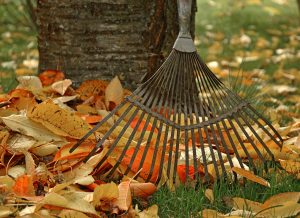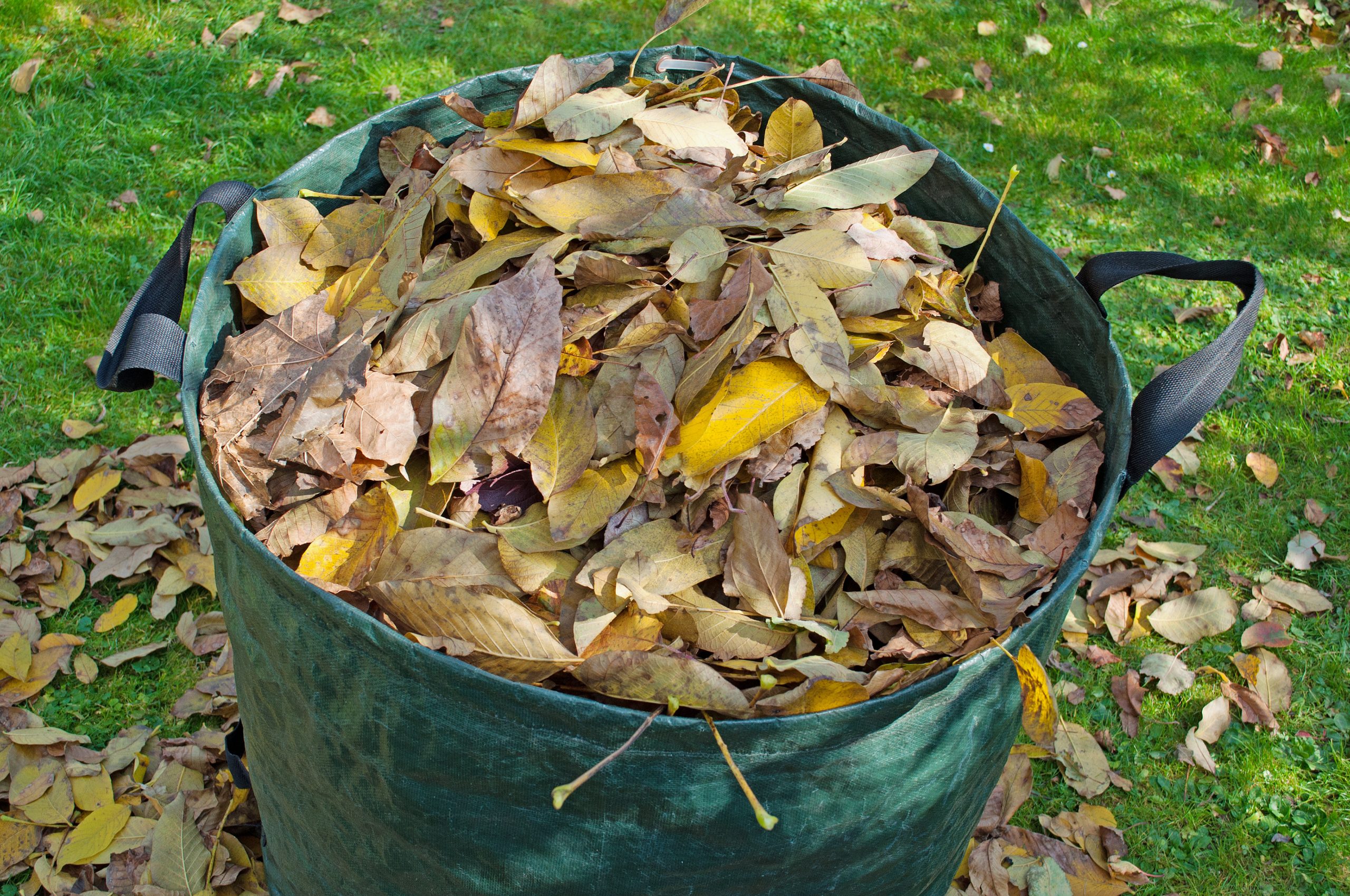Autumn is a season that evokes mixed emotions and brings about a transformation of the landscape with its vibrant shades. As nature prepares for winter’s slumber, autumn presents gardeners with an opportunity to turn the falling leaves and fading blooms into valuable garden assets – through the process of composting.
The Magic of Composting
Composting, the process of breaking down organic matter into nutrient-rich humus, is a cornerstone of sustainable gardening. It’s a natural recycling method, turning waste into a valuable resource that nourishes our gardens and promotes healthy plant growth. Regular readers will not be surprised to learn that at Genesis Gardens we are big advocates of composting.
Why Autumn Composting?
 Autumn offers a wealth of composting material, with fallen leaves providing a rich source of carbon-rich brown matter. Brown matter (those leaves), along with green matter such as kitchen scraps and grass clippings, is essential for creating a balanced compost pile. The ideal ratio of brown to green materials is 3:1, ensuring the proper decomposition process. Hence, autumn is the ideal composting time.
Autumn offers a wealth of composting material, with fallen leaves providing a rich source of carbon-rich brown matter. Brown matter (those leaves), along with green matter such as kitchen scraps and grass clippings, is essential for creating a balanced compost pile. The ideal ratio of brown to green materials is 3:1, ensuring the proper decomposition process. Hence, autumn is the ideal composting time.
Composting in the autumn and winter also provides gardeners with some much-needed garden activity at an otherwise quiet time.
How to Create Your Autumn Compost Pile
Choose a Location: Select a well-drained, shady spot in your garden. Avoid areas prone to waterlogging or excessive sunlight.
Construct a Compost Bin: A compost bin allows for efficient decomposition and prevents the spread of unwanted pests. You can purchase a ready-made bin or construct your own using wooden pallets, wire mesh, or repurposed containers. You can just pile up your compost in a corner, but a designated bin is best.
Gather Your Materials: Collect fallen leaves, ensuring they are free of diseases or pests. Add a mix of green materials, such as kitchen scraps (excluding meat, dairy, and oily foods), grass clippings and spent vegetable matter.
Layer the Materials: Start with a layer of brown materials such as fallen leaves, followed by a layer of green materials. Continue layering, alternating between brown and green materials.
Moisturise and Aerate: Keep the compost pile moist but not soggy. Aim for the consistency of a wrung-out sponge. Turn the pile regularly with a garden fork to aerate it and promote decomposition.
Monitor and Maintain: Check the compost pile regularly for moisture and aeration. Add more brown or green materials as needed to maintain the correct balance.
The Rewards of Autumn Composting
The benefits of autumn composting extend far beyond simply transforming leaves into garden gold. It’s a practice that nurtures both your garden and the environment. Read on for the key environmental and gardening benefits.
Environmental Benefits:
- Reduces Landfill Waste: By diverting organic waste from landfills, composting reduces greenhouse gas emissions and conserves valuable resources.
- Improves Soil Structure: Compost enriches the soil with nutrients, improves water retention and enhances soil aeration, promoting healthier plant growth.
- Natural Fertiliser: Compost acts as a natural fertiliser, providing plants with essential nutrients without the need for chemical fertilisers.
Gardening Benefits:
Promotes Healthy Plant Growth: Nutrient-rich compost nurtures healthy root systems, boosts plant growth and increases resistance to pests and diseases.
Suppresses Weeds: Compost encourages the growth of beneficial microorganisms that suppress weed seeds and prevent germination.
Mulch and Soil Amendment: Compost can be used as a mulch to retain soil moisture, suppress weeds and regulate soil temperature. Of course, it can also be incorporated into the soil to improve its overall structure and fertility.
Embrace the Autumn Composting Journey
Autumn composting is a simple yet rewarding practice that allows you to harness the bounty of nature’s fallen leaves and transform them into garden gold.
By embracing this sustainable approach, you not only enrich your garden but also contribute to a healthier environment. So, gather your fallen leaves, embark on your autumn composting journey and watch as your garden flourishes with the fruits of your work.

